Question And Answer
Publications
Articles, publications, books, tools and multimedia features from the U.S. Institute of Peace provide the latest news, analysis, research findings, practitioner guides and reports, all related to the conflict zones and issues that are at the center of the Institute’s work to prevent and reduce violent conflict.
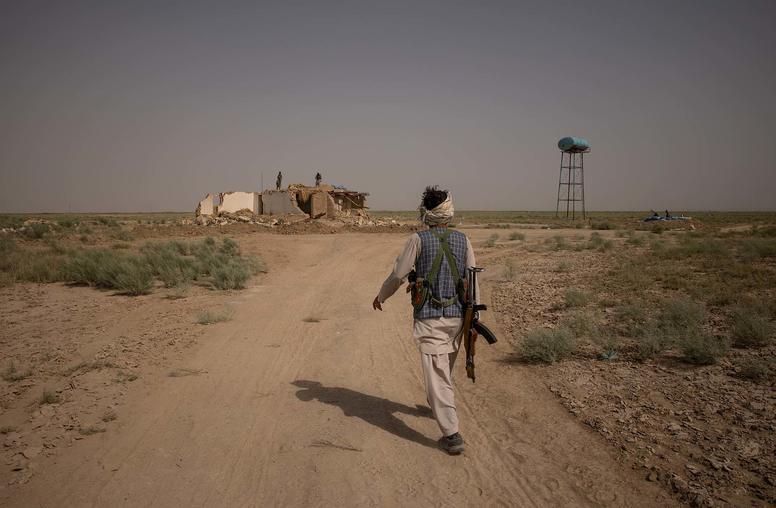
India, Pakistan Watch Warily as Taliban Move to Takeover
The Taliban’s rapid advances have caught the region and the United States off guard. The deterioration in security has forced India, along with many other countries, to retrench its diplomatic presence in the country, closing consulates outside of the capital of Kabul. There have been conflicting reports over the past month over whether or not Indian officials have engaged in talks with Taliban representatives in Qatar. Afghanistan’s neighbors all prefer a negotiated political settlement to the conflict but are preparing for the worst and could look to armed Afghan factions to protect their interests. Meanwhile, Kabul and Islamabad are blaming each other for the spiraling security situation.
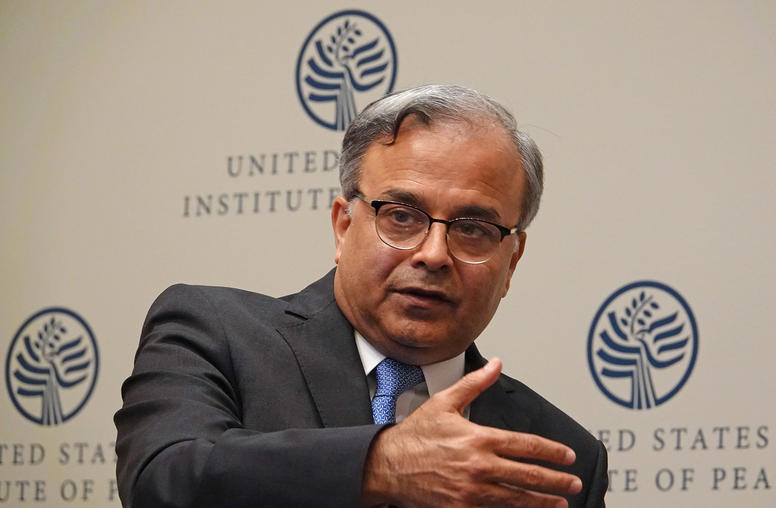
U.S., Pakistan at ‘Convergence’ on Afghanistan, Says Pakistani Envoy
For the last two decades, U.S.-Pakistan relations have been defined by the war in Afghanistan and counterterrorism concerns. With the United States military withdrawal almost complete, the relationship should broaden to focus on other issues important to both countries and the broader South Asia region. The Afghan peace process, however, will continue to be an important component of U.S.-Pakistan relations, said Pakistan’s envoy to the United States on Wednesday. “Afghanistan, for some time, did become [a point of] contention in our relationship. But today, clearly, Afghanistan is a [point of] convergence between Pakistan and United States” as both want to see peace and stability, said Ambassador Asad Majeed Khan.

Tamanna Salikuddin on U.S.-Pakistan Relations
With the world’s fifth largest population, a nuclear-armed military, an important role in Afghanistan and a close relationship with China, Pakistan is vital to U.S. interests. Although there have been periods of turmoil, “Both countries must have a relationship and, ostensibly, share some interests,” says USIP’s Tamanna Salikuddin.
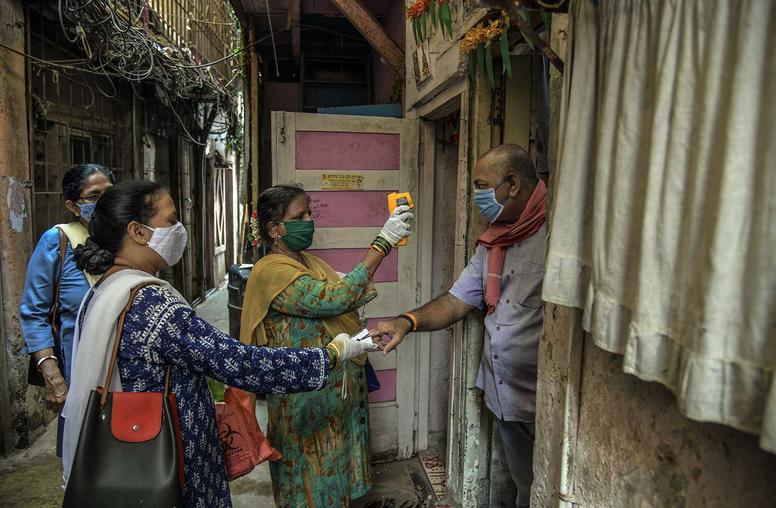
Can India Escape its Devastating Second COVID Wave?
India’s second wave of COVID has quickly turned into one of the worst outbreaks in the world. Since early March, official cases and deaths have skyrocketed, recently breaking world records on an almost daily basis. Meanwhile, Indian officials are warning the country’s health care system cannot keep up with the deluge of patients as supplies run thin, exposing India’s ailing health infrastructure. USIP’s Tamanna Salikuddin and Vikram Singh look at the origins of India’s second wave, its far-reaching consequences in the global fight against COVID and what the international community can and should do to help India weather the storm.
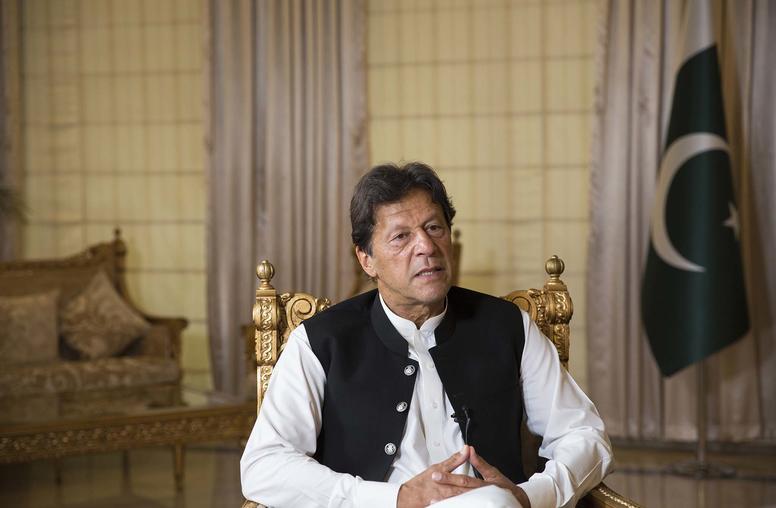
Pakistan Senate Election Upsets Government Efforts to Solidify Power
Pakistan held indirect elections on March 3 for the Senate, its upper house of Parliament, which is elected by sitting legislators in the National Assembly (the lower house of Parliament) and each of the provincial assemblies. Given the typically party-line vote, Pakistani Senate elections tend to be mundane affairs, with the results often preordained. However, in last week’s elections the ruling Pakistan Tehreek-e-Insaf (PTI) party, despite having a numerical majority in the national and provincial assemblies, failed to forestall defections among some lawmakers and in doing so failed to take control of the Senate from the opposition.

Connecting with others means seeing them. Labels get in the way.
People’s identities are multi-layered—giving us various possible points of connection with another person. Stereotypes obscure those possibilities, as Afghan Taliban negotiators found when they talked with an Indian-American Muslim diplomat named Tamanna Salikuddin. Tamanna tells how she seeks individuals’ identities to build the trust for negotiations.
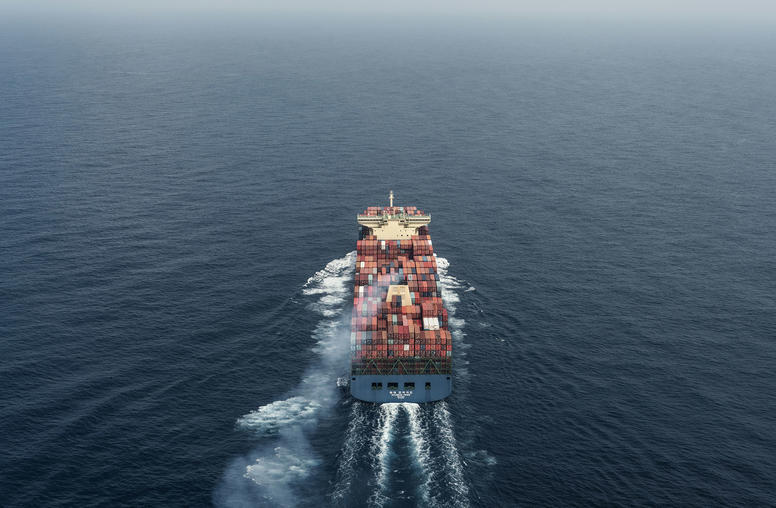
China’s Influence on Conflict Dynamics in South Asia
China has embarked on a grand journey west. Officials in Beijing are driven by aspirations of leadership across their home continent of Asia, feelings of being hemmed in on their eastern flank by U.S. alliances, and their perception that opportunities await across Eurasia and the Indian Ocean. Along the way, their first stop is South Asia, which this report defines as comprising eight countries—Afghanistan, Bangladesh, Bhutan, India, Maldives, Nepal, Pakistan, and Sri Lanka—along with the Indian Ocean (particularly the eastern portions but with implications for its entirety). China’s ties to the region are...
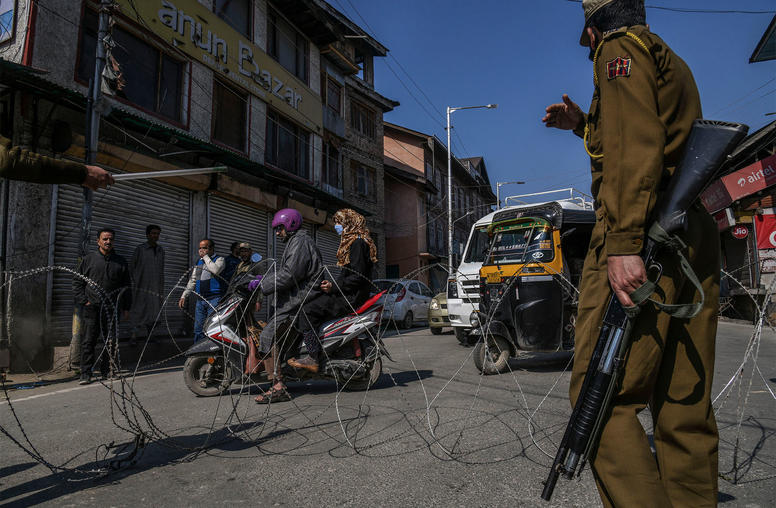
One Year Since Their State Was Split Up, Kashmiris' Lives Remain in Limbo
One year since Indian Prime Minister Narendra Modi’s government stripped Jammu and Kashmir of its special status and downgraded its statehood to a centrally controlled union territory—an act it argued was intended to improve governance and attract investment to the region—residents’ lives remain upended by continued conflict and a high level of militarization.
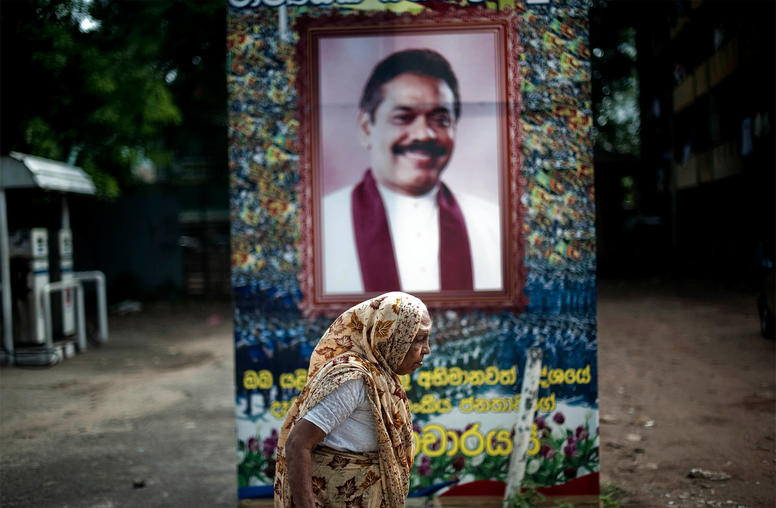
Sri Lanka’s Election Helps Cement the Rajapaksas’ Return to Power
The Sri Lanka People's Front (SLPP) gained a parliamentary supermajority earlier this month in what was the first major election held in South Asia since the coronavirus pandemic began. The results solidified the political power of Prime Minister Mahinda Rajapaksa and his brother, President Gotabaya Rajapaksa, who had dissolved the previous parliament shortly after he was elected last year. USIP’s Jumaina Siddiqui, Tamanna Salikuddin and Vikram Singh look at whether the polls were free and fair, what the landslide victory means for Sri Lanka as the country continues its recovery from civil war, and how the election impacts South Asia.
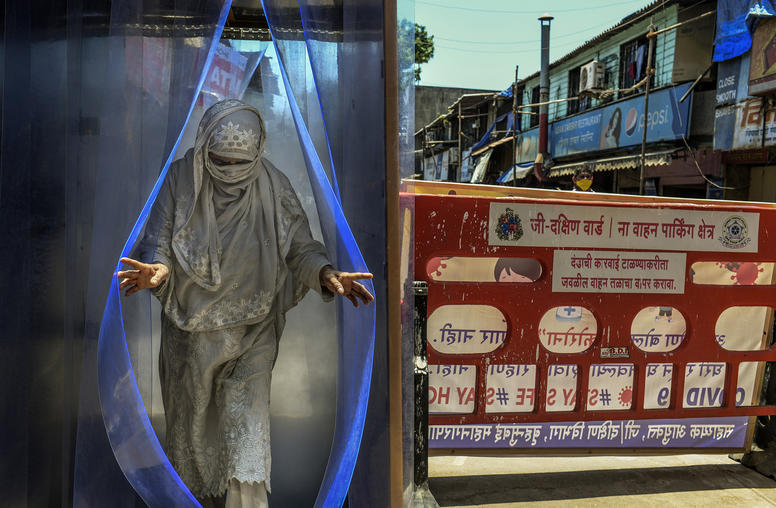
Coronavirus Tightens its Grip on South Asia
In South Asia, home to some of the world’s most densely populated nations, the COVID-19 pandemic has tightened its grip—causing infections to soar, battering economies, and plunging many into poverty. Governments have mostly struggled to cope.